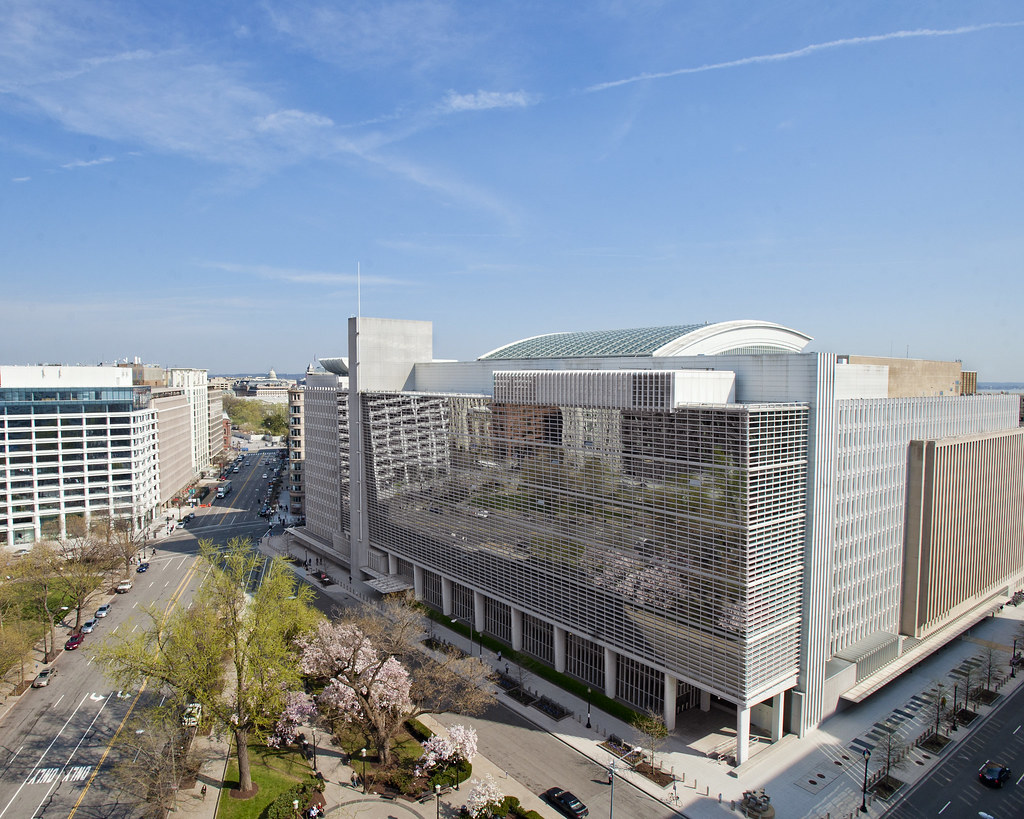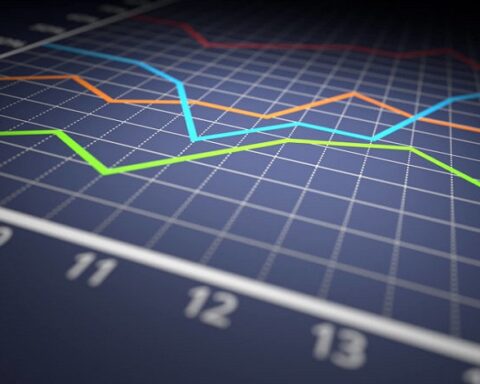WASHINGTON (Parliament Politics Magazine): The global economy has a “dark outlook,” according to World Bank President David Malpass, as the pandemic’s aftershocks continue to impede on growth, particularly in impoverished countries.
Global growth will fall to 4.1% this year, down from 5.5% in 2021, according to his organisation’s latest prediction.
Virus threats are attributed to the slowdown, the phasing down of government funding, and the fading of an initial rebound in demand.
Mr. Malpass, on the other hand, expressed concern about rising global inequality.
“The big drag is the inequality that’s built into the system,” he told the BBC, adding that poorer nations were particularly exposed to the economic consequences of inflation-fighting efforts.
“The expectation for the weaker nations is that they will continue to lag behind. Insecurity is a result of this.”
According to the bank, by 2023, all advanced economies, including the United States, the Eurozone, and Japan, will have recovered from the pandemic’s impact.
Mr. Malpass faulted global inflation on stimulus programmes in the richest countries for widening the gap. While several countries, including the United States, are anticipated to boost interest rates in order to curb price rises, Mr. Malpass warned that higher borrowing costs might harm economic activity, particularly in poorer economies.
“Rate hikes cause a problem. They harm people who need floating rate money… which is mainly new firms, businesses owned by women, and businesses in developing countries,” Mr. Malpass explained.
Meanwhile, the World Economic Forum (WEF) cautioned that unequal economic recovery was making collaboration on global issues like climate change more difficult.
“Widening inequalities within and between nations won’t just make controlling Covid-19 and its variants more difficult, but they will also risk stopping, if not reversing, collective effort against common dangers that the world cannot afford to ignore,” the World Economic Forum said WEF on Tuesday in its annual global risks report.
Because of the spread of the Omicron and Delta Covid variants, the slowdown in the second half of 2021 was much greater than the bank had anticipated in its June prediction. It predicts a “pronounced downturn” this year, with global growth slowing even more to 3.2% in 2023.
“The truth is that Covid and the lockdowns are still wreaking havoc on people around the world, especially in impoverished nations,” Mr. Malpass added. “It’s just a bleak outlook.”
- China, whose growth is predicted to fall to 5.1% this year from 8% previous year.
- The United States, where growth is expected to dip to 3.7% this year from 5.6 percent in 2021, are driving the global downturn.
- Eurozone growth will decline to 4.2% this year from 5.2% last year.
- India is a bright spot, with its growth rate predicted to increase this year from 8.3% to 8.7%.






